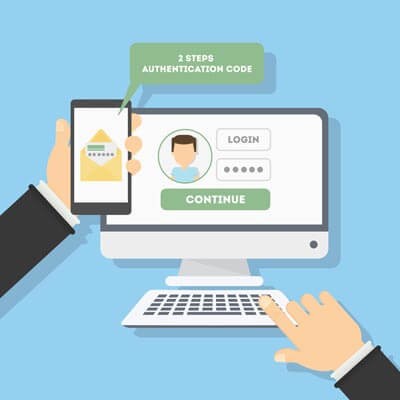The key to your online security is to have strong passwords, but the challenge is to create distinct passwords that you can actually remember -- or else you may fall into the bad habit of using the same login credentials for multiple accounts. According to LogMeIn, the company behind the LastPass password manager, you could very easily have 85 passwords for all your accounts once you count all of your social media, streaming, bank accounts and apps.
If your data is compromised, weak passwords can have serious consequences, like identity theft. Companies reported a staggering 5,183 data breaches in 2019 that exposed personal information such as home addresses and login credentials that could easily be used to steal your identify or commit fraud. And that pales in comparison with the more than 555 million stolen passwords that hackers on the dark web have published since 2017.
The identity protection of a post-password world isn't here for most of us. So in the meantime, try these best practices that can help minimize the risk of your data being exposed. Read on to learn how to create and manage the best passwords, how to be alerted if they're breached, and one crucial tip to make your logins even more secure. And here are three old password rules that wound up being dumb today.
